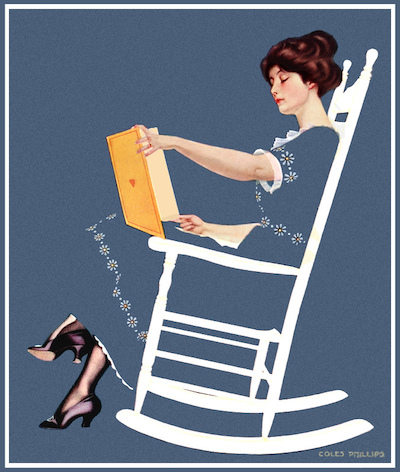With the women’s World Cup firmly in the rear view mirror and Serena Williams cooling her heels for another couple weeks until the U.S. Open, women’s sports and women in sports have faded slightly out of the spotlight. That doesn’t mean there still aren’t awesome women doing fascinating, frustrating, and forceful things in sports. This week we bring you three stories about the challenges that women face advancing in the world of sports.
The Lingerie Football Trap
by Jordan Ritter Conn for Grantland
Have you ever heard of the Lingerie Football League? Recently renamed to the Legends Football League (you’re not fooling anyone, guys, but it is a step in the right direction), this is full-on tackle football played by women with far less protective padding and far, far, infinitely far less reward than their male counterparts. Women playing football is a feather in the cap of progress. But women playing for noting and wearing almost nothing? Is it a step back? A small step forward? Or a stalemate?
The LFL’s core audience wants to see skin. The players want to play real football in real arenas, to feel the rush of high-stakes competition. The commissioner wants to make money. The LFL, for better or worse, is their middle ground.
The relationship between the LFL’s uniforms and the players who wear them is complex. “I mean, yes, we’re wearing basically a bathing suit,” says Melissa Margulies. “But you can’t argue [with] sex sells. That’s going to fill the seats.” Even among players deeply critical of the league, there is often little patience for this debate.
They joined the league knowing full well what it sells. They agreed to market both their bodies and their talent. But that choice is limited, bound by certain realities. “Sometimes, when you’re a female athlete, you have to suck it up,” says Nikki Johnson, another former player with the Las Vegas Sin. “You have to do whatever it takes to get people to your games.”
Jen Welter Is the NFL’s First Female Coach and Nobody Had a Sexist Reaction to That (Just Kidding)
by Jenna Mullins for E Online
It’s amazing that the hiring of a training camp coaching intern made news, but such is the popularity of the NFL and such has been the complete dominance of NFL coaching jobs by men. Despite the fanfare over the first female hiring, what happens next will be far more meaningful. Will there be other teams that dare to hire a female coach? Will Welter get a permanent position?
“Coaching is nothing more than teaching,” head coach Bruce Arians said. “One thing I have learned from players is, ‘How are you going to make me better? If you can make me better, I don’t care if you’re the Green Hornet, man, I’ll listen.’ I really believe she’ll have a great opportunity with this internship through training camp to open some doors for her.” Arians added that after speaking to the veteran Cardinals players, they were all “very cool” with Welter taking on the position.
You know who is not “very cool” with Dr. Welter? Humans who still think women are the inferior sex and shouldn’t dare set food out of the kitchen. Also known as people who apparently time-traveled from 1951. What bummed us out most about seeing these comments on Facebook and Twitter is that a lot of them came from women. We’re bumming hard over that, you guys.
Why England’s women’s soccer team won’t be playing at the 2016 Olympics
by Karla Adams for the Washington Post
Before you get your indignation machine started, this story has nothing to do with gender — at least, the reason the women’s team won’t be playing in the Olympics has nothing to do with gender. Still, you can’t help but wonder whether Great Britain would find a way to make this work if it meant missing or making an important men’s soccer tournament.
At the heart of the debate over whether Britain will field any soccer teams at the Olympics are questions about British identity, and which of Britons’ multiple identities gets priority.
The four constituent nations of the United Kingdom compete as individual teams in soccer tournaments such as the World Cup and the European Championship. But in the Olympics, the athletes must compete under the single banner of “Team GB.”
England lays claim to inventing the modern game of soccer, and on the men’s side, it is wildly popular, with England’s Premier League being one of the most popular in the world. The Olympics, which on the men’s side has an age restriction of younger than 23 (with the exception of three players), is arguably not as important for the men as other tournaments… But the sport is still developing for the women, and some fans say it’s disappointing that the women won’t get the sort of high-megawatt exposure that a platform such as the Olympics can offer.

